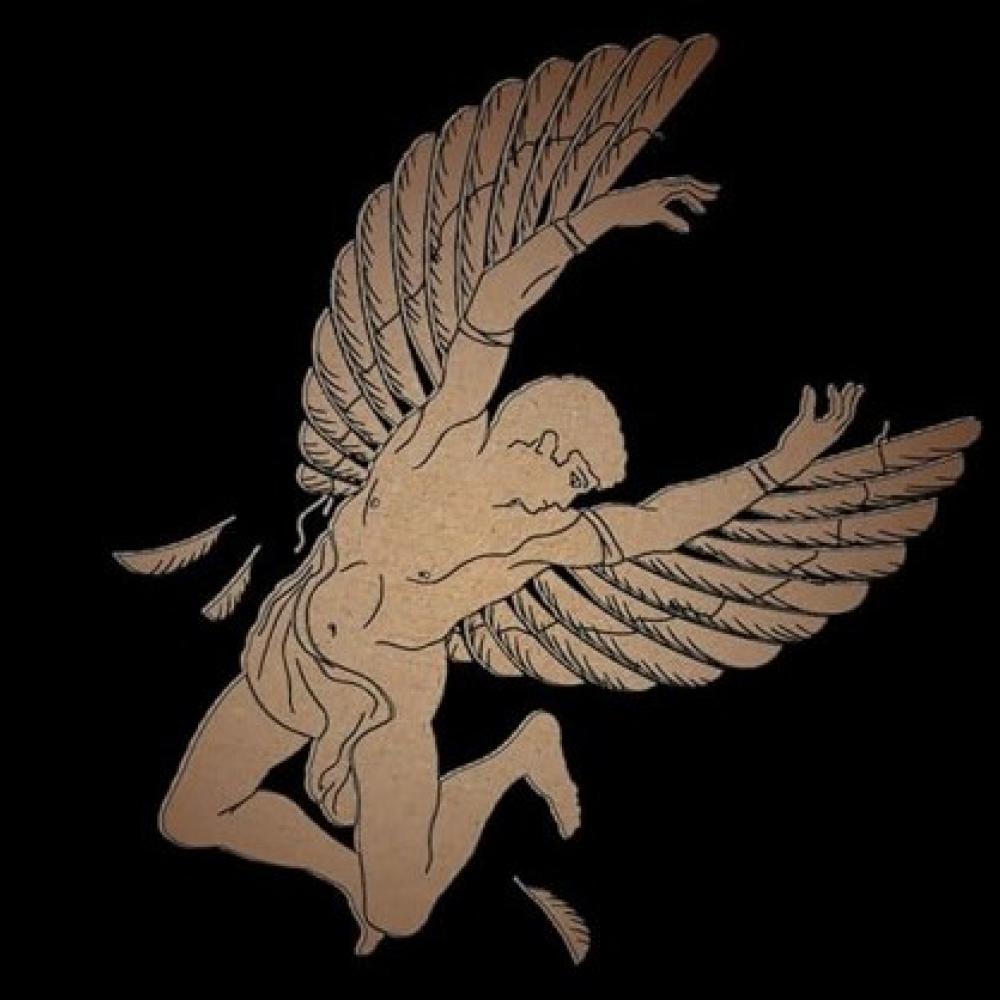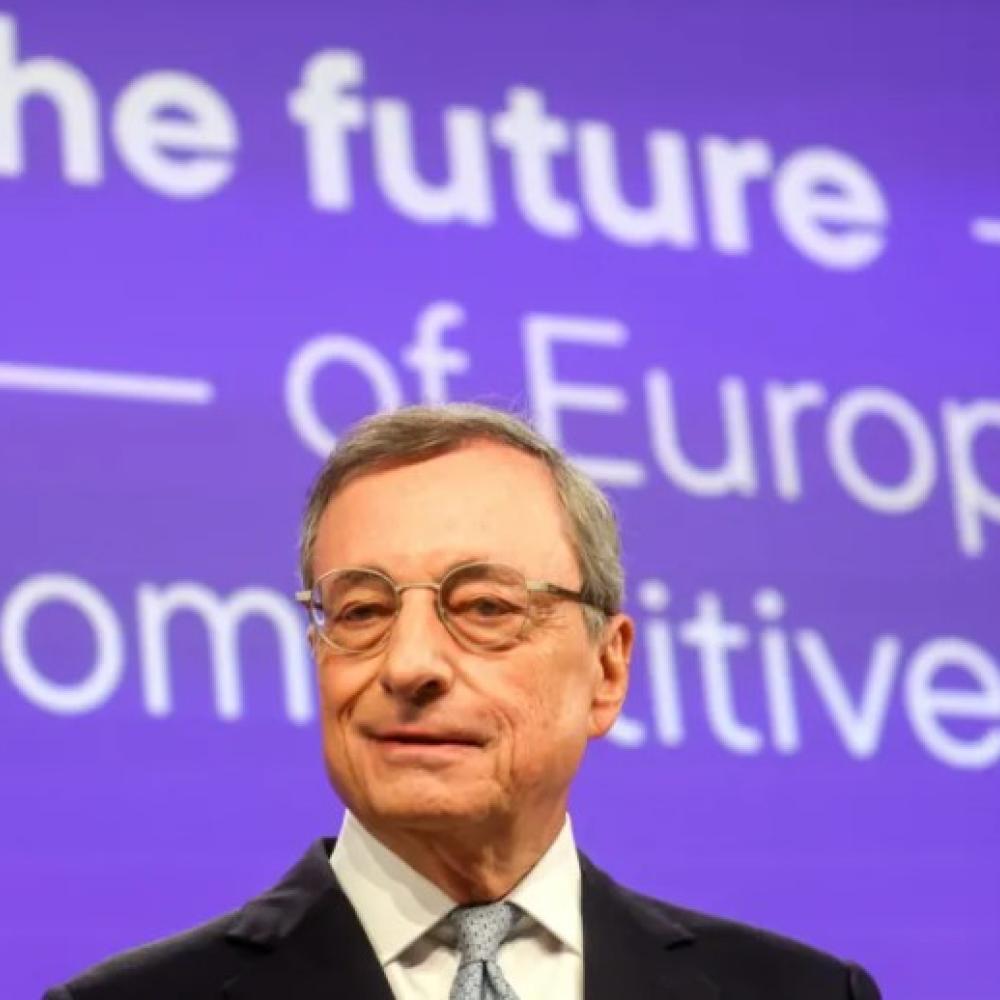
War in Europe, war in the Middle East, continuous high tension in the South China Sea and the Pacific at large. Superpowers that hardly talk to each other anymore. Are we getting closer to a clash of civilizations?
It is now a little more than 30 years ago that the late Harvard political scientist Samuel Huntington (1927-2008) used a speech to launch his thesis about the coming clash of civilizations. His argument was turned into the 1996 book The Clash of Civilizations and the Remaking of World Order. With this darker, rather pessimistic view of how the world order then was evolving, Huntington placed himself in stark opposition to the jubilant message of his former student Francis Fukuyama. In The End of History and the Last Man (1992) Fukuyama had argued that the future for that world order looked bright since the Western model grounded in political democracy and market-based economies was clearly showing its superiority. There was no competitor left for this model.
Huntington rejected rather categorically Fukuyama’s optimism. He argued that, instead of harmony through the worldwide adoption of the West’s societal model, the twenty-first century would be in the grip of the clash of civilizations that “will dominate global politics. The fault lines between civilizations will be the battlelines of the future”. More specifically, Huntington foresaw a chaotic world “order” in which the West, basically North America, Europe and Australia, would be confronted by a Chinese-oriented Asia, a Muslim Greater Middle East and the Orthodox civilization of the former Russian Empire, i.e. the Soviet Union.
Most of the reviews of Huntington’s book were highly critical of the thesis it put forward. The Israeli historian and later best-selling author Yuval Noah Harari described it as “misleading”. Amartya Sen, the 1998 winner of the Nobel Prize in Economics, labeled Huntington’s thesis “a great mistake”. The British historian Timothy Garton Ash wrote about an analysis “crude to the point of parody”. Political commentator Nathan Robinson defined as recently as early 2022 The Clash of Civilizations as “ignorant nonsense”.
As 2023 runs its course one cannot but reflect again on Samuel Huntington’s thesis. A war is raging in Ukraine, where a democratic country is attacked by an authoritarian regime in Moscow. Vladimir Putin is himself quite clear. He is fighting not just Ukraine but the entire US-led, decadent Western order. He does not want anything to do with political democracy as we know it, nor with market-based economies. He is adamant that chaos is necessary to unseat that Western order and to liberate the world from American dominance.
Another war is raging in the Middle East. There Israel, enjoying the full support of the United States and a more hesitant support from the European Union, is basically fighting a war with Muslim fundamentalists. Let us not forget that the Hamas terrorists that sought to kill as many Israeli citizens, including babies, elderly and handicapped persons, as possible on October 7 were not shouting “Free Palestine” but “Allahu Akbar” (“God is the greatest"). Israel has the right to hunt down each and every Hamas terrorist. This argument does not condone everything Israel has been doing in the Gaza strip since then, far from it. War crimes committed by Israel against ordinary Palestinians have to be condemned in the clearest possible terms. It does though recall a perspective on this conflict that many Western observers are increasingly ignoring, including the fact that Hamas continuously abuses ordinary Palestinians when using them as a human shield.
Basically the broader conflict in the Middle East is between a theocracy Iran and the Western order, of which Israel is still part. The strictly Shiite leadership in Teheran rejects, just like Vladimir Putin whom they actively support in his war effort in Ukraine, the basic ideas behind the Western societal model. If chaos and war is needed to undermine that Western model, well so be it. They want a society fully anchored on what the Koran prescribes, or better: on how they interpret the Koran. The Iranian regime is ruthlessly dictatorial and dramatically disrespectful of basic human rights. This regime also works hard to get a firm grip on societal developments outside their borders, in countries such as Iraq, Syria, Yemen and Lebanon. Terrorist cells still operating throughout the West are all too often obedient to, and reliant upon, Iran.
Huntington also referred to the coming conflict with a Chinese-oriented Asia. Here too things have been moving substantially in recent times. It can indeed be feared that given the West’s preoccupation with the wars in Ukraine and the Middle East, the Beijing regime might see an opportunity to seize Taiwan. China’s leader Xi Jinping has been unequivocal that Taiwan belongs to China and if that cannot be realized through diplomacy the island will be re-united with mainland China through the use of armed force. In the meantime the Chinese leadership is stoking up tensions with neighboring countries like the Philippines, Vietnam, India, Japan and Australia.
It is obvious that China condones what Putin’s Russia and the theocratic regime in Iran are doing. Beijing plays it extremely cleverly, keeping up the appearances of being a trustworthy, peace-loving power. Nothing could however be further from the truth. The reality is that the Beijing regime also wants to undermine the Western, American-led order. On this point the speeches of Putin, the Teheran strongmen and Xi Jinping are basically the same. The only difference is that Xi often measures his words more carefully and is also somewhat more diligent in his timing.
So are we witnessing a clash of civilizations? To answer this question, a lot depends on how one defines civilization. I don’t want to get into semantics here but for me it is about ideas (not necessarily religious or even ethical), about human values and rights that tie societies together and that are defended by citizens and elites. What we are increasingly witnessing is a clash of such fundamental views. The present leaders in Beijing, Moscow and Teheran unite in their outright rejection of the Western order based on political democracy and market-based economies. All three of them stand for dictatorially run states that command a complete grip on their citizens' lives. And most of all: they not only reject the Western societal model, they want it to be swept from the face of the earth. Do we in the West, and even more so in Europe, have the will to stand up to these counterforces? Are we ready to defend the political and economic model that has produced never-before-seen welfare and well-being? Will there be a clash, or a capitulation?
Usefull links & downloads
You may also be interested in

Exhausted we stand
The Western world is confronted by challenges the enormity of which has not been seen since the Second World War. We stagger to face these challenges in a state of policy exhaustion, budgetary as well as monetary. Only courageous and decisive reform can turn the tables in our favor.

The Draghi & Schnabel Truth on Trump
The actions of the new Trump administration will have a major impact beyond America’s borders, not least in Europe. Nevertheless, Europe should stop mourning the Democrats’ loss and do what it must do, whatever Trump’s intentions. Money is not the most pressing issue on Europe’s priority list, so Mario Draghi very correctly argues.